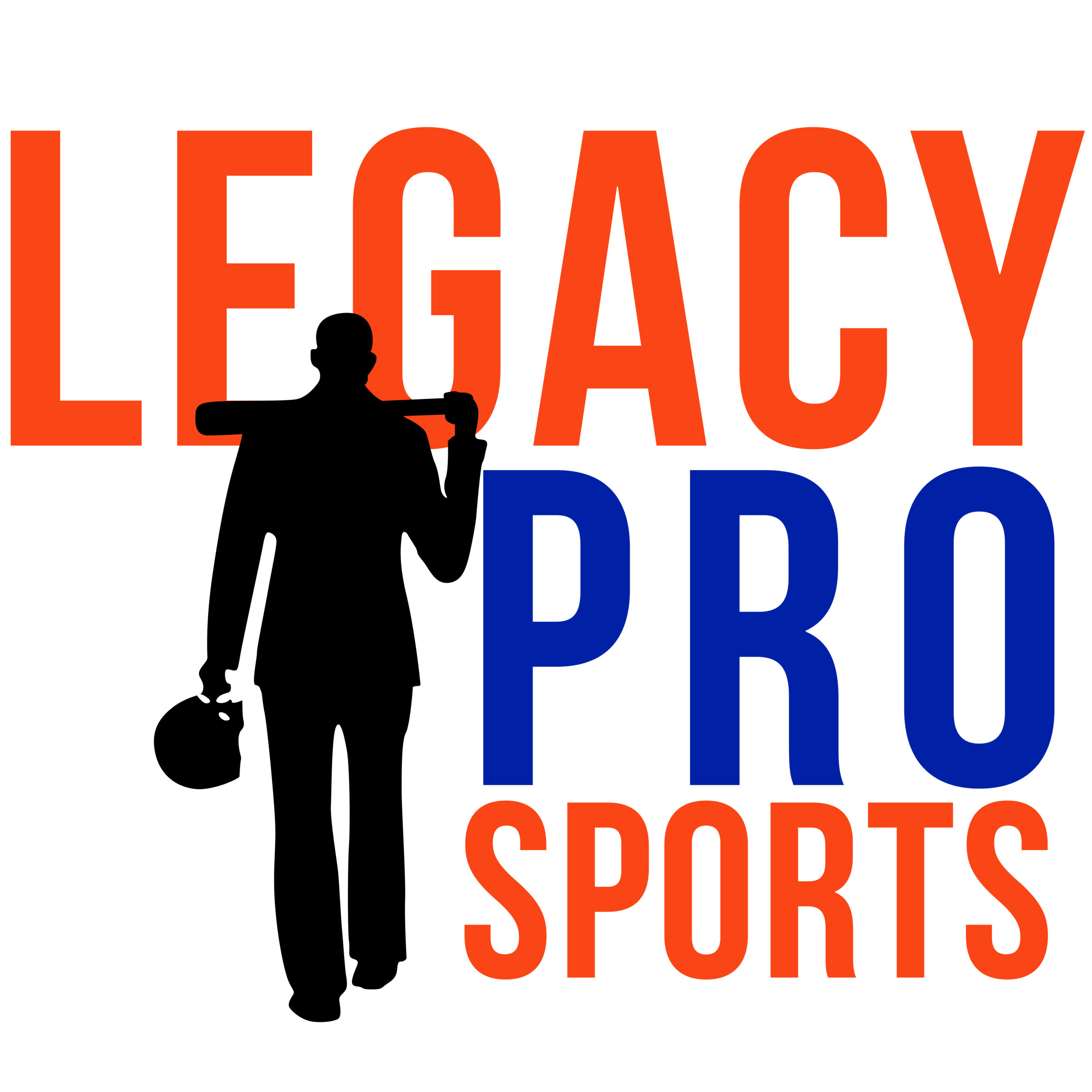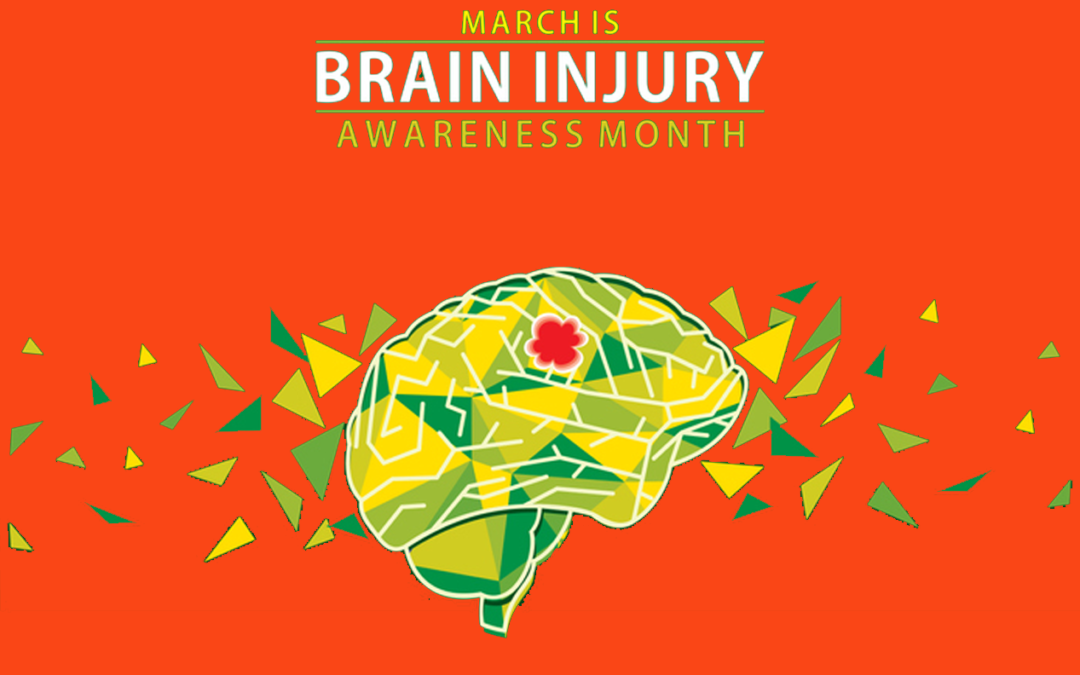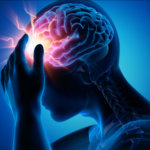Brain injuries are a major public health issue that affects millions of people in the U.S. every year. Every March, the Brain Injury Association of America (BIAA) recognizes National Brain Injury Awareness Month to promote awareness of the issue. During this month, organizations, communities, and individuals come together to raise awareness about the causes, symptoms, diagnoses, and treatments of brain injuries.
What is National Brain Injury Awareness Month?
National Brain Injury Awareness Month is an annual event that is observed in March to promote education and awareness about brain injuries. The goal of the month-long event is to raise awareness about the prevalence of brain injuries, how they can be prevented, and how they can be treated.
The event was established in 2010 by the Brain Injury Association of America (BIAA) to promote public education and awareness about brain injuries. Since then, the event has grown into a nationwide campaign that is recognized by medical professionals, organizations, communities, and individuals.
Understanding brain injuries
Brain injuries are injuries that occur to the brain or the structures that surround it. They can be caused by a variety of factors including trauma, disease, genetic disorders, or a lack of oxygen. Depending on the severity of the injury, brain injuries can have a wide range of effects, including physical, cognitive, and emotional changes.
Brain injuries can range from mild concussions to severe traumatic brain injuries (TBI). They can affect people of all ages and can have a long-term impact on a person’s life.
Causes of brain injuries
Brain injuries can be caused by a variety of factors including trauma, disease, genetic disorders, or a lack of oxygen. The most common causes of brain injuries are:
· Trauma: Traumatic brain injuries (TBIs) are caused by a blow or jolt to the head. This can be caused by a car accident, a fall, or an assault.
· Disease: Diseases such as meningitis, encephalitis, and stroke can cause brain injuries.
· Genetic Disorders: Genetic disorders such as Down syndrome and fragile X syndrome can cause brain injuries.
· Lack of Oxygen: A lack of oxygen to the brain can cause brain injuries. This can be caused by drowning, choking, or a heart attack.
Symptoms of brain injuries
The symptoms of brain injuries can vary depending on the severity of the injury. Common symptoms of mild brain injuries include confusion, headaches, dizziness, blurred vision, and difficulty concentrating. Severe brain injuries can cause more serious symptoms such as changes in behavior, loss of consciousness, seizures, and coma.
It’s important to note that the symptoms of a brain injury may not always be immediately apparent. In some cases, symptoms may take days, weeks, or even months to appear. It’s important to seek medical attention if you suspect that you or someone you know may have suffered a brain injury.
Diagnosis of brain injuries
If you suspect that you or someone you know has suffered a brain injury, it’s important to seek medical attention. A healthcare professional will be able to diagnose a brain injury by conducting a physical exam, a neurological exam, and imaging tests such as an MRI or CT scan.
During the physical exam, the healthcare professional will look for signs of a head injury, such as bruises and swelling. During the neurological exam, the healthcare professional will test your reflexes, your ability to move, and your mental state. Imaging tests such as an MRI or CT scan will be used to assess the extent of the injury.
Treatments for brain injuries
The treatment for a brain injury will depend on the severity of the injury. Mild brain injuries may require rest and over-the-counter medications to manage pain and swelling. Severe brain injuries may require surgery to repair the damage, or physical therapy to help with any physical or cognitive issues.
It’s important to follow the treatment plan prescribed by your healthcare professional and to seek follow-up care as recommended. It’s also important to take precautions to reduce the risk of further injuries, such as wearing a helmet when doing activities such as biking, skiing, and skateboarding.
Resources for those affected by brain injuries
There are many resources available to those affected by brain injuries. The Brain Injury Association of America (BIAA) is a non-profit organization that provides support, education, and advocacy to those affected by brain injuries.
The BIAA offers a variety of resources including a brain injury helpline, an online support community, and resources for caregivers. The BIAA also hosts a variety of events throughout the year to raise awareness and provide support to those affected by brain injuries.
Strategies to raise awareness of brain injuries
There are many ways to raise awareness of brain injuries during National Brain Injury Awareness Month. Here are some ideas to get you started:
· Write a letter to your local newspaper or magazine about brain injuries and the importance of raising awareness.
· Share information about brain injuries on social media.
· Host a fundraiser to support organizations that provide support to those affected by brain injuries.
· Educate your friends and family about the signs, symptoms, and treatments for brain injuries.
· Join a support group for those affected by brain injuries.
· Talk to your healthcare provider about brain injuries.
· Wear a “Brain Injury Awareness” ribbon or pin to show your support.
Celebrating National Brain Injury Awareness Month
National Brain Injury Awareness Month is a great time to celebrate and raise awareness about the issue of brain injuries. There are many ways to get involved and make a difference.
You can join a local brain injury support group or participate in a fundraising event. You can also share information about brain injuries on social media or wear a “Brain Injury Awareness” ribbon or pin. Every act of awareness and support helps to raise awareness of the issue and make a difference in the lives of those affected by brain injuries.
Wrapping Up
Brain injuries are a major public health issue that affects millions of people in the U.S. every year. National Brain Injury Awareness Month is an annual event that is observed in March to promote education and awareness about brain injuries. During this month, organizations, communities, and individuals come together to raise awareness about the causes, symptoms, diagnoses, and treatments of brain injuries.
Contact us if you believe you may be eligible for filing a claim. Get your FREE, no-obligation consultation today!




